Heart Rhythm Disorders


Millions of individuals experience irregular or abnormal heartbeats, known as arrhythmias, at some stage in their lives. Generally, these arrhythmias are harmless and occur in individuals without heart disease. However, certain abnormal heart rhythms can be serious or potentially life-threatening. The presence of other heart conditions can also elevate the risk of developing arrhythmias.
Heart rhythm disorders are broadly classified into three categories: electrical, circulatory, and structural. Cardiologists are medical professionals who specialize in diagnosing and treating heart disorders. Within this field, electrophysiology is a subspecialty focused on the heart’s electrical system. Electrophysiologists (EPs) possess specialized training to manage the complex electrical properties of the heart and are the most qualified physicians to address various heart rhythm disorders.

Symptoms
Arrhythmias may not always present noticeable symptoms and can be detected during routine health checkups for other issues. However, when symptoms do occur, they may include:
- A fluttering, pounding, or racing sensation in the chest.
- An unusually fast heartbeat.
- An unusually slow heartbeat.
- Chest pain.
- Shortness of breath.
If you experience a sensation of your heart beating too quickly, too slowly, or skipping beats, it is important to schedule a health checkup. Your healthcare provider may refer you to a cardiologist, a specialist in heart diseases.


